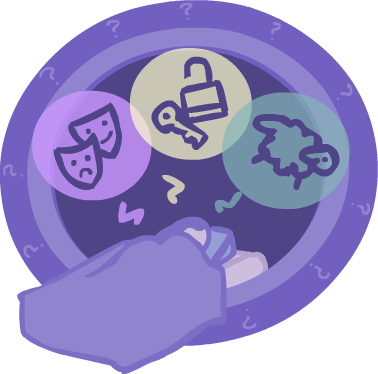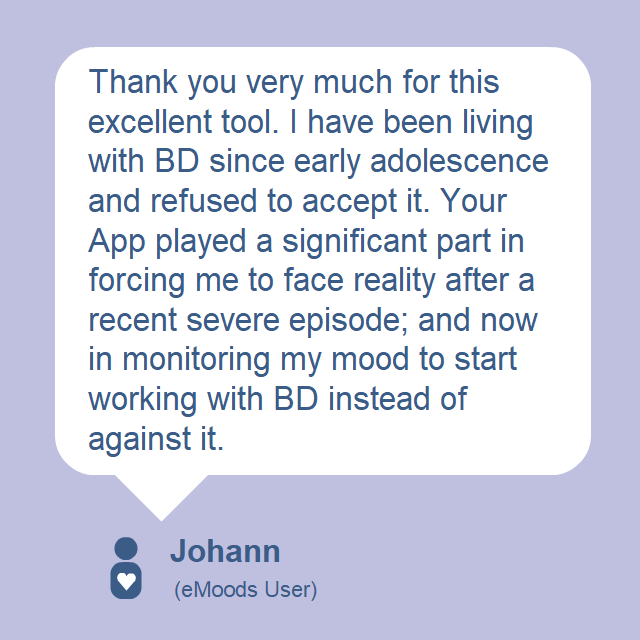
Your Data and Body are Yours and Yours Alone
A deeply held core belief we had when creating eMoods is that your bodily sovereignty is sacred, likewise- the medical data relating to your body and mind belongs to you and you alone.
We get so saddened when we read studies such as this that state “mental health apps may take individuals at their most vulnerable and make them part of a hidden supply chain for the marketplace.” eMoods will never do this, and it blows our minds that people would even think of doing this in the first place.
That’s why we remain completely transparent about where the data is stored that you enter into the eMoods Classic mobile app and Insights web application. That’s why the eMoods Classic mobile app allows for totally offline data storage. If you don’t believe us, turn your phone to airplane mode and eMoods will still work indefinitely without an internet connection- nothing is ever transmitted off your device without your explicit permission.
You have every right to do exactly what you choose with your data and with your body, however we believe that right comes with a responsibility to be honest with yourself, and to share this data (in the way that you so choose!) openly with a trusted doctor, therapist, or other medical professionals.
You can read more about your data and bodily sovereignty, and our core principles of privacy here.
---
Guest Post Spotlight
In our latest guest post spotlight, a young woman from New York, USA, shares her powerful, raw truth on grappling with bipolar disorder: “Painful surges of energy would crackle inside me. I’d hope to burst, to release the chaos within, but it would always give way to crippling anxiety, and I’d instead deflate into suffocating depression.”
This same brutal eloquence puts a fine point on the critical nature of predicting what’s to come through the self awareness of tracked data. While Laura’s journey is a reflection for so many of us, so few have the ability to relay it so viscerally. Thank you, Laura.
Read about Laura’s experience on our eMoods Blog
---
Combating Anxiety and Insomnia with Weighted Blankets
You know how we swaddle our newborns to help them calm down and promote sleep? Turns out, swaddling isn’t just for newborns! While research is still sparse, the evidence is mounting that weighted blankets can have the same positive effect on children and adults, too, especially those suffering from autism or psychiatric disorders.
A study in January 2021 on ‘Weighted Blankets for Insomnia in Patients with Psychiatric Disorders’ posits that weighted blankets made a clinically meaningful positive impact on sleep quality and daytime functioning. This reflects findings from a September 2020 study (‘A randomized controlled study of weighted chain blankets for insomnia in psychiatric disorders’), which looked at 120 individuals with major depressive disorder, bipolar disorder, generalized anxiety disorder, or attention deficit hyperactivity disorder.
There are even some studies being done on using them to minimize stress during medical procedures!
As the risks of using a weighted blanket are minimal for adults (those with sleep apnea, asthma, or claustrophobia may want to abstain), it’s worth giving a try!
Want to learn more? This Harvard Health Publishing article from March, 2019 goes over the basics.
---
Treating Imposter Syndrome
Thanks to the accessibility of the internet, there are tips and tricks abound on managing and addressing imposter syndrome, but did you know that there’s next to no research on treating imposter syndrome specifically? Why is that?
In her article ‘Where’s the Research on Treating Imposter Syndrome?’, Kate explores the findings of a 2019 study that wonders exactly that, while also touching on three vetted cognitive therapy techniques commonly used to counter negative thinking patterns.
---

